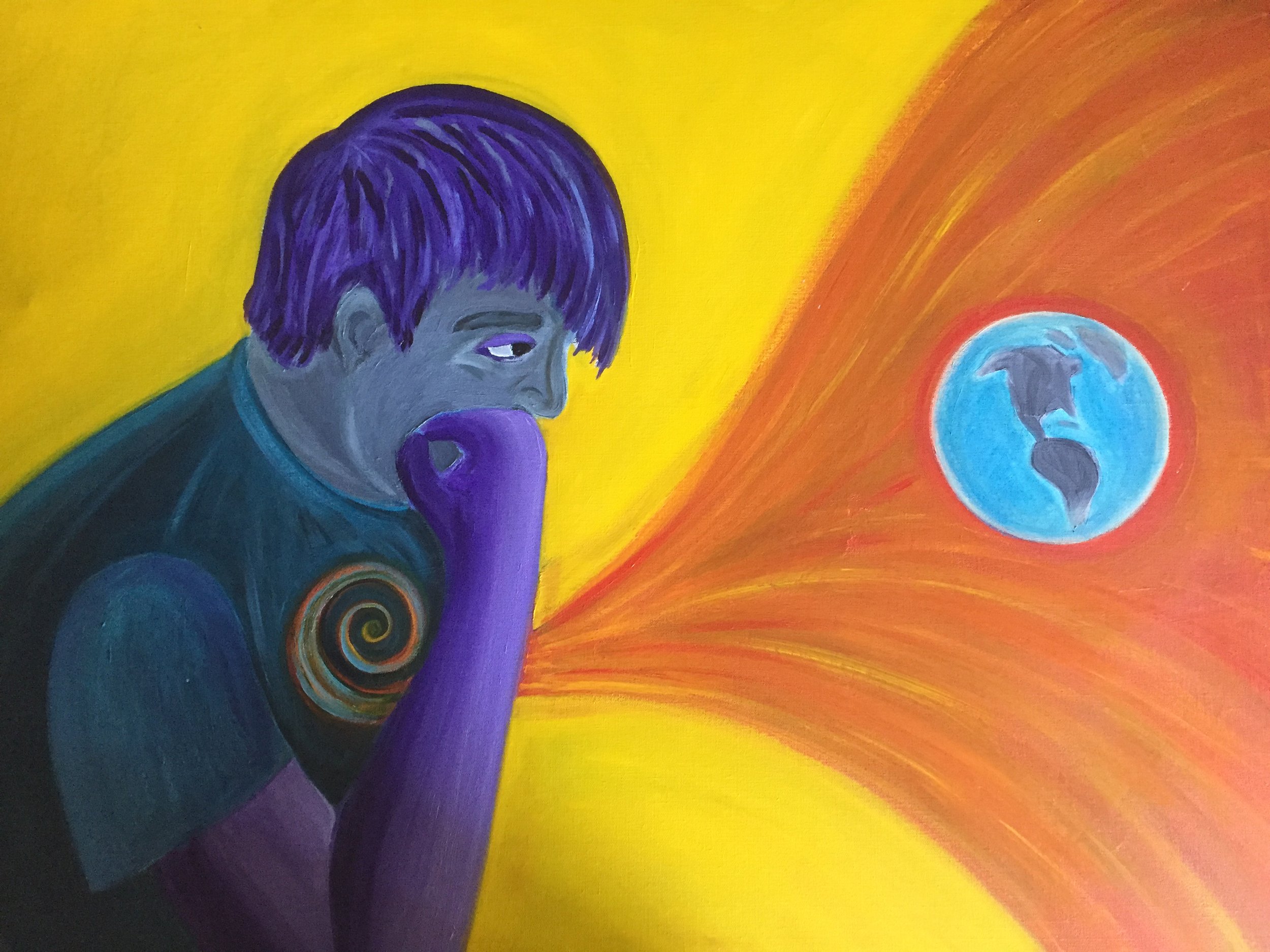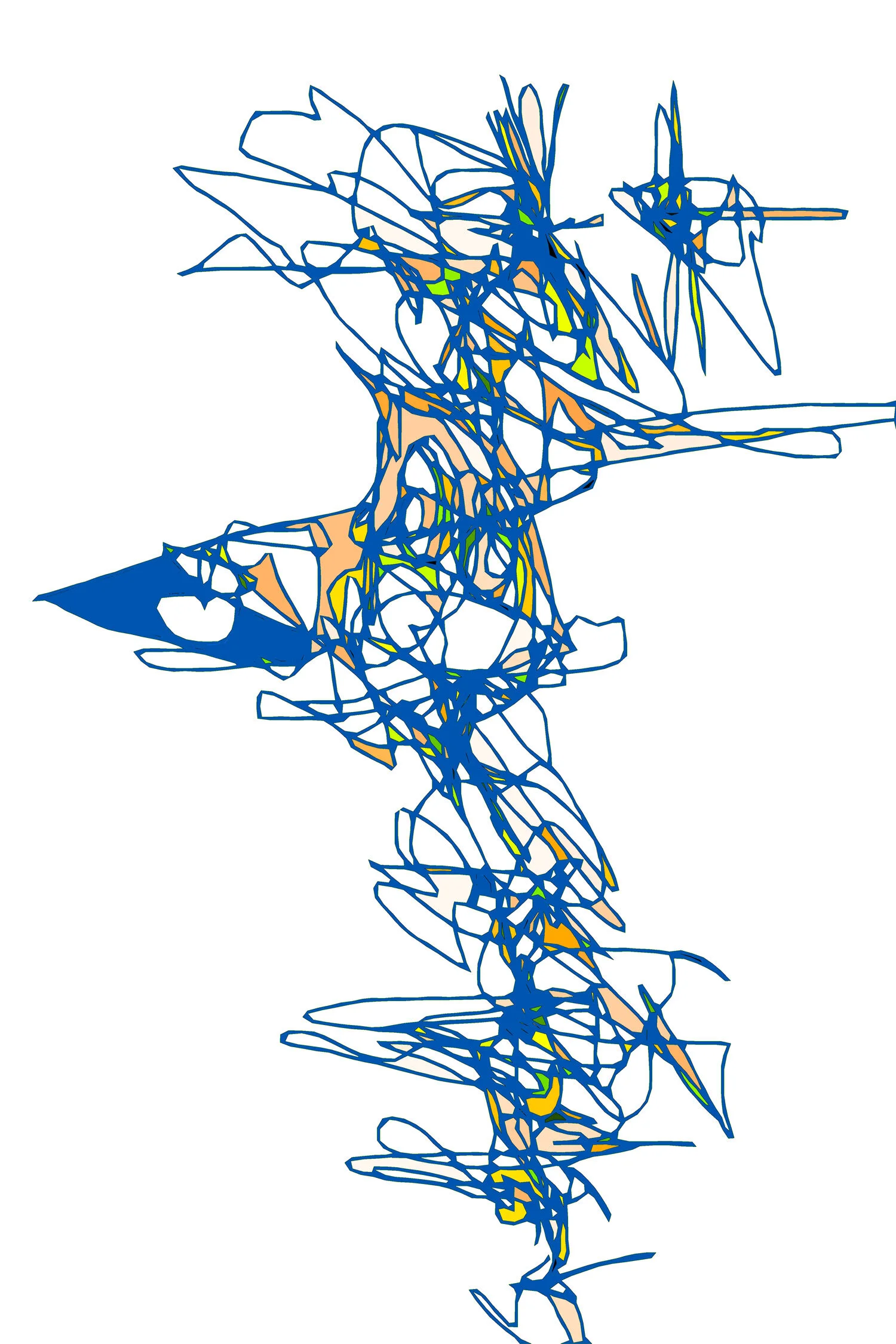My confrontation with gender detachment was the first time that I was able to put into words the relationship I have to my gender.
All in Academic
Unexpected Validation and Resistance: The Impact of Abstinence-Based Sex Education on My Coming Out as Asexual
Growing up aspec, I found myself bored and confused when sitting through my school’s abstinence-based sex education unit.
Not Her Cup of Tea: Aromanticism in Barbara Pym’s Excellent Women
…it is an odyssey of self-affirmation for an aromantic woman under siege by a society that does not yet understand her.
Growing Up Acespec: A Speculative Approach to Queer Time
Acespec development infers growing without a qualifier: not growing sideways or growing into anything in particular, but just growing—directionless and aimless by societal standards perhaps, but growing still, in unexpected ways.
Asexual/Aromantic Concerns, Gay Spaces: Anti-Amatonormativity and the United Kingdom Gay Liberation Front
This shows that amatonormativity is not only a concern of theorists, or of modern-day asexual and aromantic activists; instead, it has been a thread through gay liberation from the roots of the movement.
Romanticizing Asexual Identities: Deconstructing Aromance while indulging-in versus refuting sex encounters through Art and Yoga
Effeminate gays and masculine lesbians struggle through societal expectations onto them. They are unable to even satisfy internal desires of being nurturing versus providing, being homemakers versus breadwinners, in a constant conflict with their inner being.
Sexual Trauma, Suicide, and Post-Traumatic Stress Disorder among the Asexual Adult Population: An Analysis of the 2020 Ace Community Census
The associations between sexual trauma and post-traumatic stress disorder (PTSD) among asexual individuals are not well-studied.
Colonialism (Queerphobia) has 'Dis-abled' me
It is through this resistance that I may identify my ‘dis-abledness’ as interconnected with ‘who I am’: as an embodiment of decolonial resistance.
In Praise of -Less: [transMad shouts from absent (pl)aces]
Here, “trans” is the verb my Madness takes as I refuse to engage in the project of cisheteronormative social life.
The Antithesis of Malehood: Being Asexual as a Hypersexualized Being
Let our revolution be intersectional so as not to crumble as a house divided against itself.
What About Femininity? Unpacking the Relationship Between Masculinity and Asexuality
From this vantage point, we might ask if asexuality is problematic for men not simply because it isn’t masculine but because it is feminine.
Racial Castration and Demiboy Joy
I exist in the liminal space between masculinity and something else, an inertial nothing that frees me from the orbit of rephallicization…
Significant Others: Aspec, Polyamory and Relationship Anarchy
Let’s talk about love.
Critical Reflections on “Ace of (BDSM) Clubs” and Linking Asexuality to BDSM: Where are we Starting From?
…kink can be the space where they finally feel at home, or even more marginalized than before.
“For he never makes love”: Reclaiming Asexual Representation in Julia Ward Howe’s The Hermaphrodite
Locating Laurence’s asexuality is an important act of reclamation for asexual history, as it demonstrates that asexuality is a necessary aspect of understanding the historical record of human attraction and desire.
The Emergence of Asexual Identity
What the endurance of this phrase over decades of time can tell us about societal perceptions of asexuality should not be minimized, especially given the phrase’s deeper assumptions.
“The word of a Prince”: Representations of Virginity in the Speeches of Queen Elizabeth I
Elizabeth’s androgynous language supports her status as a virgin married to her kingdom — simultaneously both and neither woman and man, wife and husband.
Finding the Language to Feel “Normal”
After finding this language to finally describe how I felt, I immediately started looking online for more people like me.
The Road Model of Gender
People live in the cities because it’s convenient. Their stuff is there, moving is a hassle, and socio-economic reasons pressure people who hate the city to stay.








![In Praise of -Less: [transMad shouts from absent (pl)aces]](https://images.squarespace-cdn.com/content/v1/5610dfd1e4b0c37386dd0a90/1659648499809-1LC9XWPOEZRJ99E5EME0/FACES.png)










